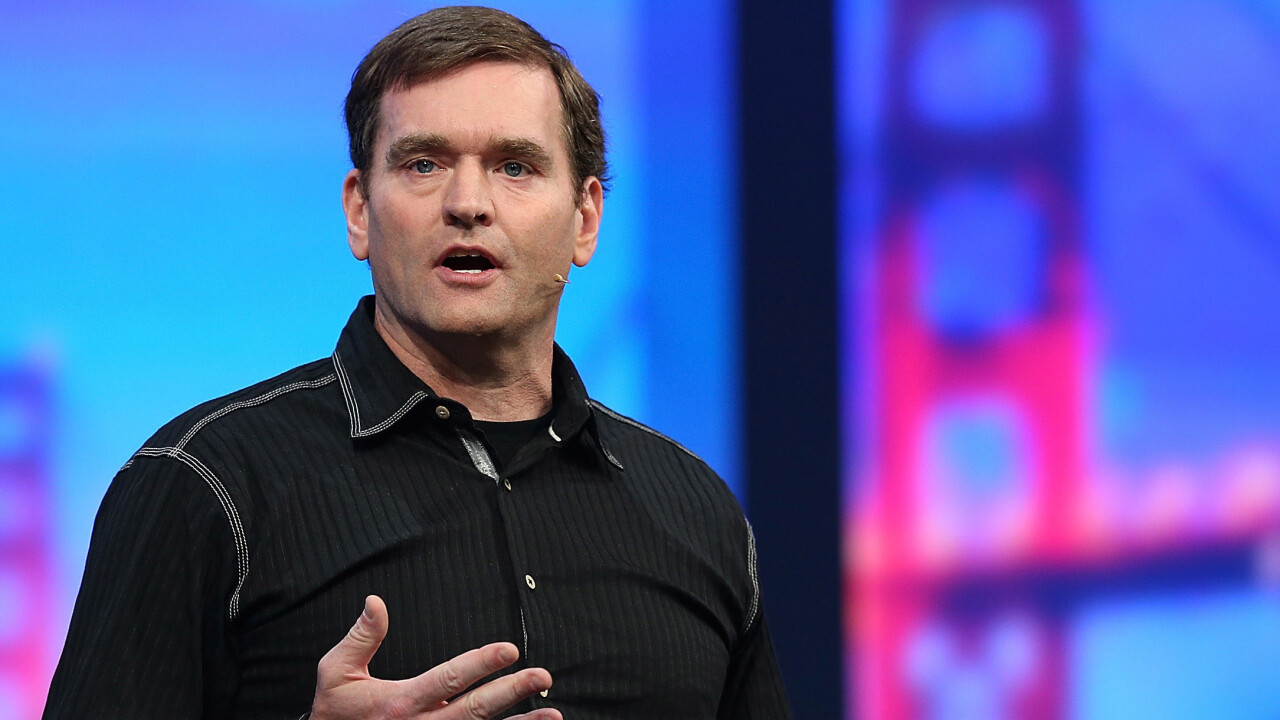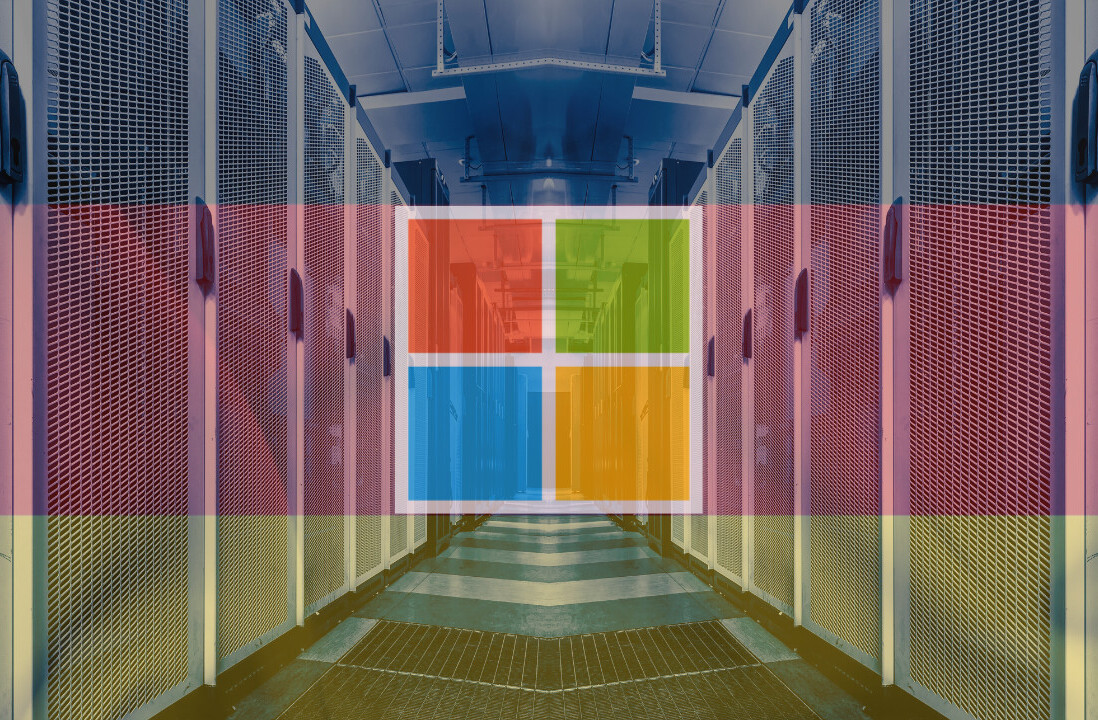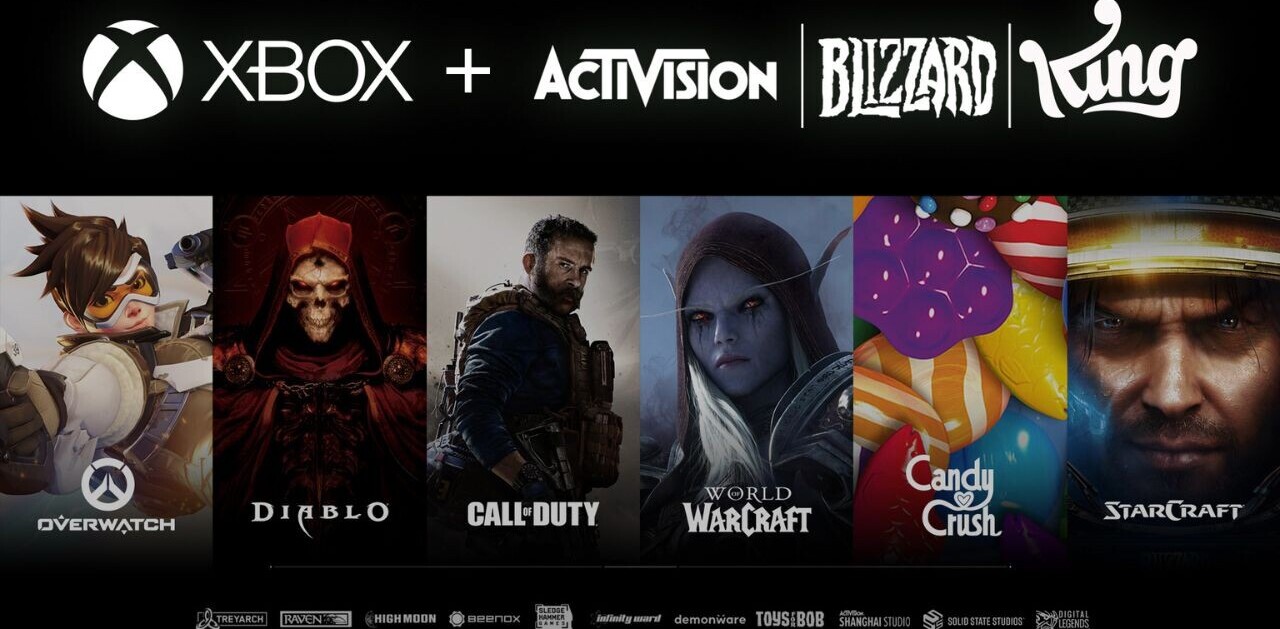
At its Build 2014 conference today, Microsoft announced universal Windows apps, which work across PCs, phones, tablets, and eventually the Xbox One. In other words, the Windows runtime in Windows 8.1 Update 1 will be available to Windows Phone developers.
This is a huge announcement for developers looking to build apps on Windows. David Treadwell, Microsoft CVP of Operating Sytems Group, talked about five areas the company focused on when trying to streamline the development process: User Interface, App Model, APIs, Tools, and Store.
Treadwell explained that Microsoft understands developers want the bulk of the code to be the same regardless of which Windows platform they are targeting. At the same time, the company will be giving developers the option to make designs specific to each type of device.
Kevin Gallo, Microsoft’s Director of Developer Ecosystem and Platform, showed off how developers can take advantage of this directly in Visual Studio. “If you love C++, you can use it,” he said. “If you want the breadth of JavaScript and HTML, you can use those for universal Windows apps.”
Not only can you manage the user interface for each platform, Visual Studio now also has new diagnostic tools. This means developers can check to see if the same problem is occurring on more than one device type, and fix it everywhere. Also, submitting apps is now up to 50 times faster.
Best of all though, Treadwell revealed Microsoft will now let developers sell apps across multiple platforms: customers can buy once and use an app anywhere (Windows and Windows Phone). This also extends to in-app purchases: if you buy something on your phone, you’ll get the same access on your PC.
These “shared app identities” are denoted by a universal badge icon. Developers can naturally choose to keep making apps that are separate for each device: Microsoft has kept this is all optional as the company is well aware it doesn’t necessarily translate for all types of apps.
Image credit: Justin Sullivan / Getty Images
Get the TNW newsletter
Get the most important tech news in your inbox each week.




